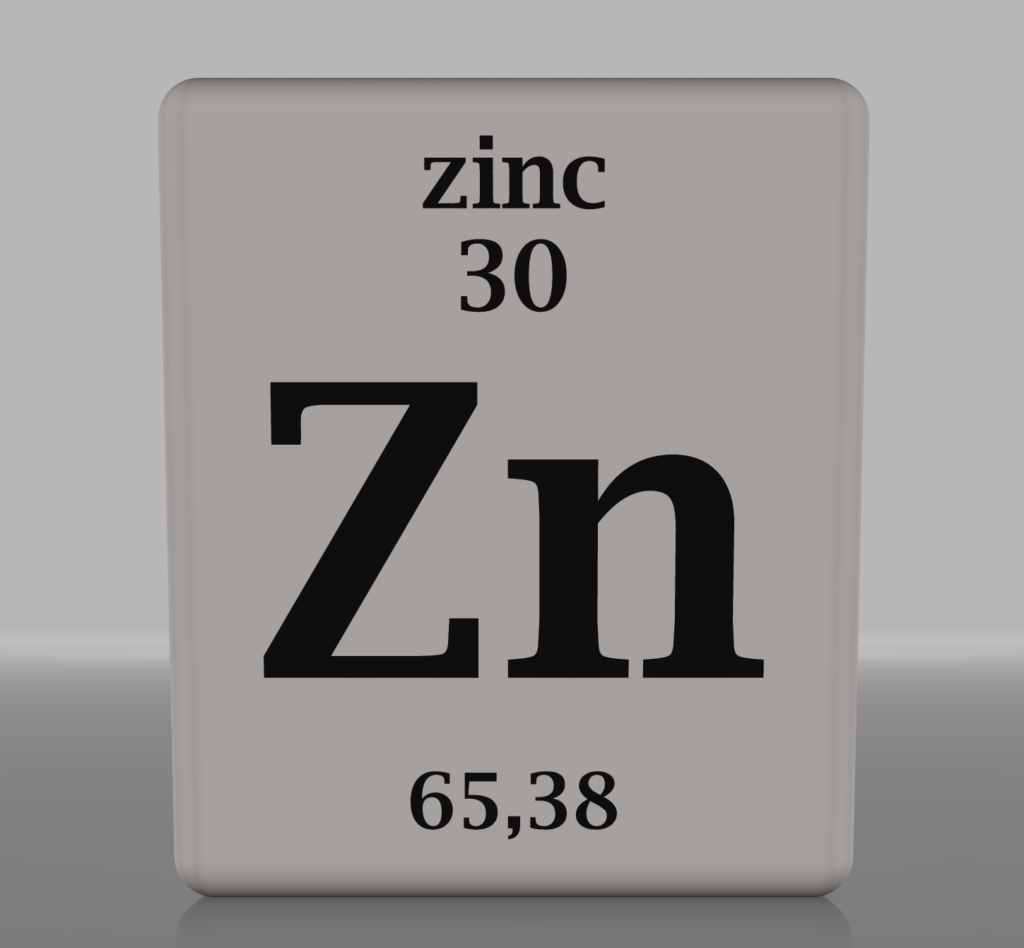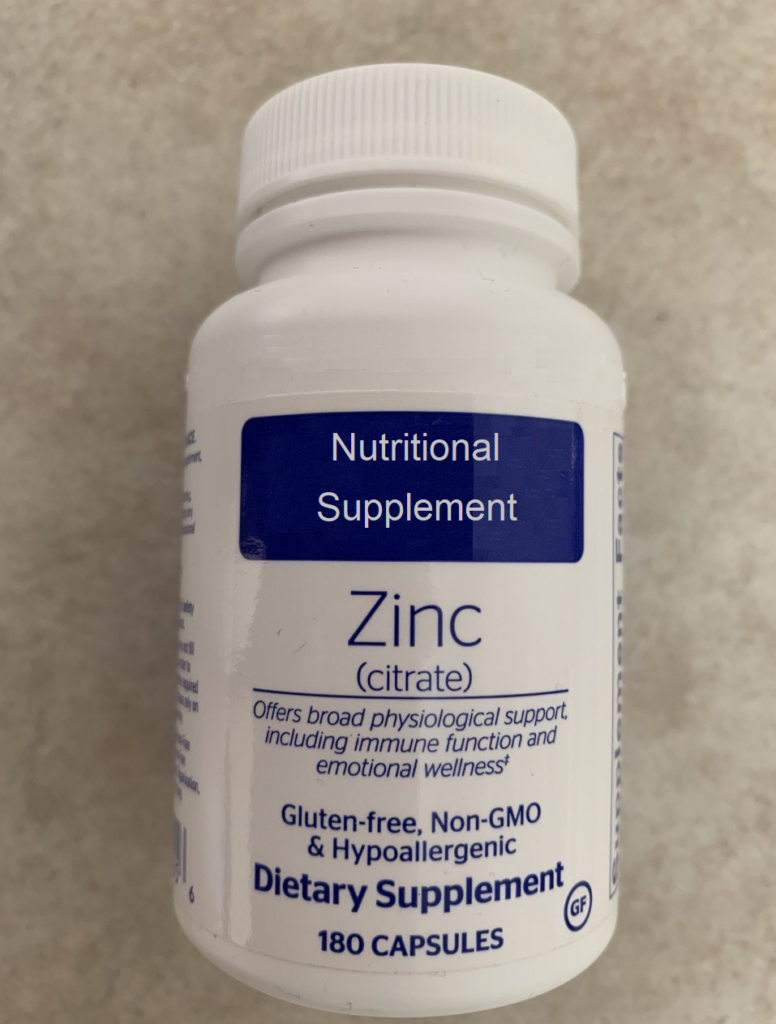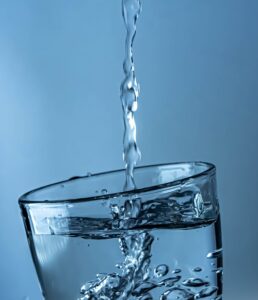The Potential Health Benefits of Zinc

Our understanding of zinc as an important nutrient really started to take shape in the 1960s. As a nutrient, zinc has surprisingly recent developments in the research literature. As late as the 1950s, zinc was often considered to be an unlikely cause of health problems or deficiency. However, in the early 1960s, researchers noted cases of stunted physical and sexual development in boys in Iran. The researchers hypothesized that the children were deficient in both iron and zinc from a very limited diet focused almost exclusively on whole wheat. Similar cases had almost complete reversal of their stunted growth and sexual development with zinc supplementation (Prasad 2013).
Since blood levels are not always an accurate form of assessment of zinc status, identifying individuals with zinc deficiency can be difficult (Wouwe 1995). In addition, signs of zinc deficiency are not always obvious until the deficiency is severe, further complicating its identification.
Uses of Zinc in the Body
Zinc is a mineral important for over 300 enzymes throughout the human body (McCall 2000). It plays a key role in immune function, wound healing and DNA synthesis. When deficient, diarrhea, increased infections, growth disruption and impairment of sexual maturation can all occur (Prasad 2009). In addition, zinc appears to play a role in mental health (DiGirolamo 2009).
Sources of Zinc
As a nutrient, zinc is found most readily in meat. Plant sources, including nuts, seeds and whole grains are complicated by phytates, compounds found in plants that bind to zinc and inhibit its absorption (Gibson 2018). Individuals consuming high levels of phytate likely need to consume larger quantities of zinc to maintain adequate levels.
Foods with the highest zinc concentration include oysters, beef, pork, chicken and eggs. In addition, beans, peas, pumpkin seeds, cashews and almonds also contain a significant amount of the mineral. Adults, as a minimum, generally need 8-11 mg per day to meet their basic needs.
Zinc Intake
Older adults in the United States often don’t consume enough of the mineral. Estimates suggest around 40% of people over age 60 don’t consume enough zinc from food (Ervin 2002). In addition, estimates suggest that up to 17% of the world’s population is potentially zinc deficient (Wessells 2012). When combined with the fact that mild zinc deficiency is difficult to recognize clinically, it’s likely that a lot of people would benefit from increased intake of the mineral.
Benefits of Zinc
Immune Function

Zinc is crucial for immune function. Research has shown that zinc deficiency in animals makes them more susceptible to bacterial, viral, fungal and parasitic infections (Shankar 1998). In humans, zinc has been shown helpful for treating acute infectious diarrhea in children, reducing duration and incidence by 20-25% (Sazawal 1995). In addition, zinc reduces lower respiratory tract infections by 45% and increases survival in severe pneumonia by more than 50% (Wang 2018, Shankar 1998). For seasonal colds and flu, zinc appears helpful in decreasing the duration of sickness (Science 2012).
Interestingly, zinc also appears beneficial in cancer. Low zinc levels promote cancer growth, indicating that sufficient zinc likely helps slow cancer progression (Zhang 2020).
Mental Health
Zinc has been shown to reduce depression with supplementation (Yosaee 2020). Used in higher doses in animal studies, zinc has been shown to lower anxiety directly. On the flip side, zinc deficiency in animals has been shown to increase anxiety (Mlyneic 2017). In children with deficiencies, supplementing zinc may help with attentional issues, although more research is needed (Lange 2017).
Gastrointestinal Health
Gastrointestinal problems are common and often include dysfunction of the lining of the intestinal tract. Commonly referred to as “leaky gut,” weakening of tight junctions allows undigested molecules and bacterial toxins to be absorbed into the body creating inflammation. This gut barrier dysfunction may play a role in many chronic disease states (Dey 2020). One of the simplest approaches to help treat leaky gut is by providing adequate zinc (Michielan 2015, Hassan 2020).
Hormones
Zinc also plays a key role in the endocrine or hormonal systems of the body. Thyroid hormone function is reliant on zinc, requiring it for production and metabolism of thyroid hormones (Severo 2019). Testosterone levels also appear correlated with zinc intake (Prasad 1996). Growth hormone is reliant on zinc for proper secretion, likely the reason why stunted growth is seen in children who are severely deficient in the mineral (Miletta 2013).
Wound Healing
My own experience with zinc and wound healing has proven to me its benefits. I’ve used topical zinc on open wounds and found it noticeably improved healing. Both oral supplementation and topical zinc have been shown to speed pressure ulcer healing in clinical studies (Song 2020). Topical zinc also has antimicrobial properties, which is beneficial for treating wounds (Mihai 2019).
Zinc Toxicity
While zinc appears to have a number of benefits, you can get too much. Zinc can deplete copper with daily doses above 40 mg (IOM 2001). Generally, I never recommend adults take supplements containing more than 30 mg a day long-term, although short-term use of higher doses for deficiencies or treating cold and flu is likely safe.
Conclusion
Zinc is a mineral that is commonly deficient. Due to challenges in identifying mild to moderate states of deficiency, numerous individuals likely are deficient and never get diagnosed. With all the potential benefits from the mineral, it’s worth doing your best to meet your body’s needs for the mineral.




Good article! We are linking to this great post on our website. Keep up the great writing.
I have been examinating out a few of your posts and i must say pretty clever stuff. I will definitely bookmark your website.
I loved your article. Much thanks again. Keep writing.
Some nice points there. I enjoyed your post. Thank you. Your article has proven useful to me. You are obviously very knowledgeable.